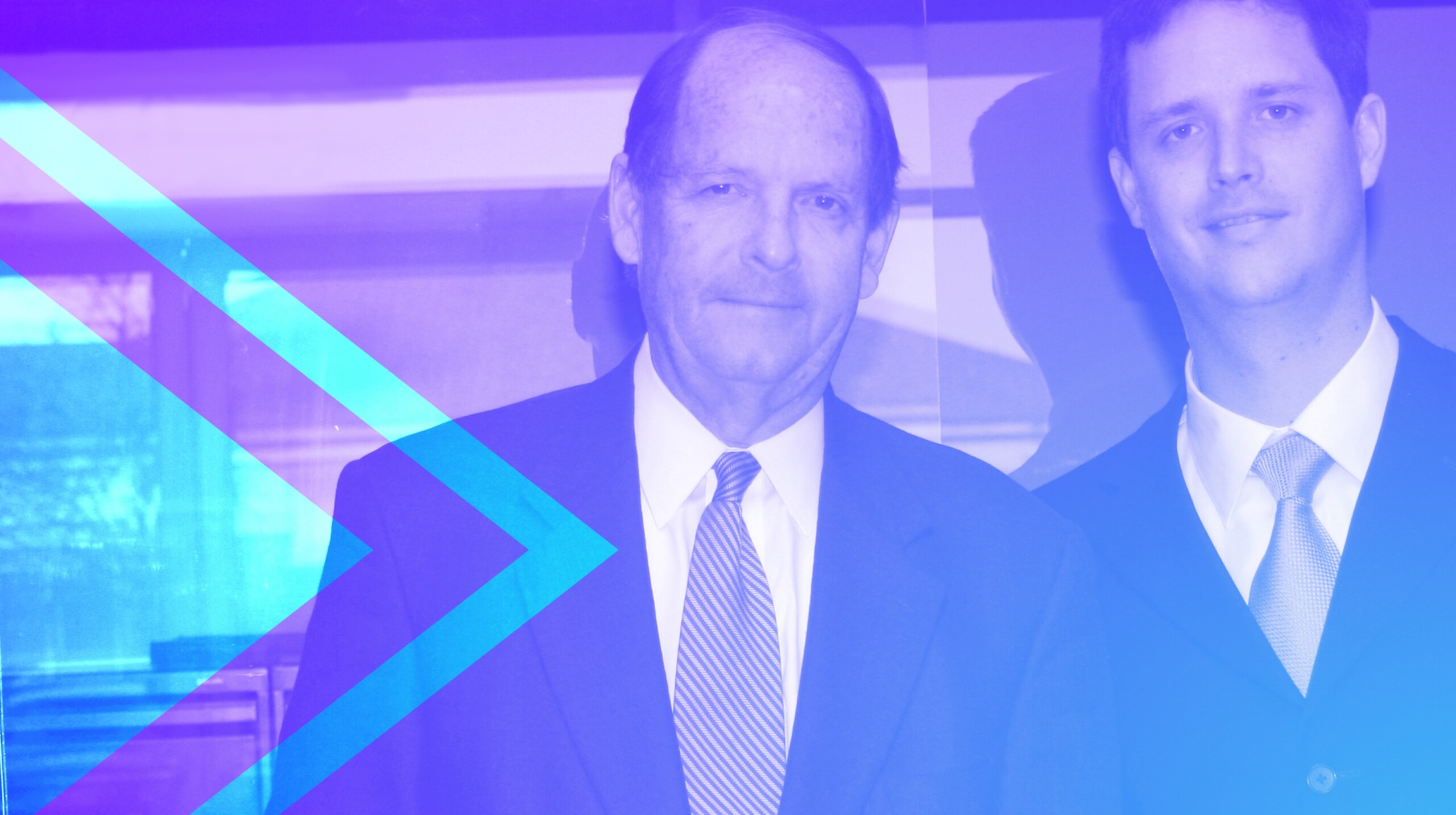by Howbridge Team
Share
by Howbridge Team
Share

Family businesses can be incredibly rewarding, as they often allow family members to earn a very good living for their families, as well as allow ownership to share in the sense of accomplishment of hopefully growing the business together and passing it on to future generations. Having spent the majority of my life involved with various Family Businesses, as an Owner and Cousin of an eighty-one (81) year old third generation family business; as a Son-in-Law sharing outside perspective and finally as a Salaried Associate for a third-party family business. Accordingly, I have been able to view this special sector of American business from multiple perspectives. All that said, most Family owned businesses only last through the first or second generation. In order to survive through multiple generations, a family business thrives when family business members put business concerns ahead of family issues. That said, Family Business is not without its challenges. One such challenge is balancing between the lessons of yesterday, as well as having an ability to embrace change. This is a key strategy for a successful family business to survive and prosper.
Family businesses often encounter overlap issues unique to “family”, such as power, politics, friction and succession policy, along with the everyday issues of business compensation, authority, control, and industry success in general. When these issues arise, family must proactively address them and not allow them to become major conflict areas.
Family business issues have spawned and created numerous schools of thought and practice, not always in agreement, not to mention University courses, departments and countless books on the topic. All that said, a few key topics that must always be continually addressed, reviewed, implemented, and continually followed to guarantee a family business’s survival are clearly defined roles and responsibilities for all family business members; a primary emphasis on the business and a secondary emphasis on family to maintain successful business focus and objectives, as well as a consistent decision making process necessary for the businesses to move forward and make prudent decisions; an agreed chain of command and succession plan, coupled with the ability and willingness to seek outside consultants, counsel and professional advice when faced with emotional family issues and decisions.
Leadership may be one of the most popular topics covered by self-development authors and business coaches. Still, several misconceptions persist in regard to what it takes to be a truly effective leader. In this blog post, we break down some of the most common leadership myths so you can feel more confident about your position
Taking stock of your past and learning from your mistakes is key to growing as a leader and encouraging innovation in your business ventures. Howbridge CEO Jeff Prag discusses 3 key lessons from his own experience. How do you encourage growth in your leadership and innovation in your business? Take stock of your past and
Entrepreneurs, journalists, musicians and artists alike are in a perpetual pursuit of innovation. Our focus concentrates on the future. Wondering about the past is deemed a waste of time and the present moment is largely overlooked for the feelings of stagnation that accompany it. Startup founders want to imagine a future that nobody has yet
A Short History In 1997, Netflix Founders Marc Randolph and Reed Hastings felt irritated by Blockbuster’s $40 late return-fee. This frustration led them to the idea of renting DVDs by mail using a subscription model and the seed of what we now know as Netflix was planted. By 2000, Hastings and Randolph offered to sell



